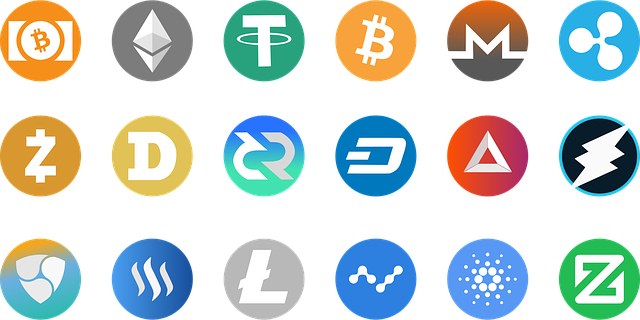Understanding Crypto Ethereum and Its Role in Online Payments

Introduction
In today's digital age, cryptocurrency has become an increasingly popular form of payment in various industries. One of the prominent cryptocurrencies is Ethereum, which offers advanced features and smart contract capabilities. This article will delve into the concept of Ethereum and explore its applications in online payments in the context of e-commerce.
1. What is Ethereum?
Ethereum is an open-source blockchain-based platform that enables developers to build decentralized applications, commonly known as DApps. It is powered by its native cryptocurrency called Ether (ETH). Unlike Bitcoin, which primarily serves as a digital currency, Ethereum aims to provide a platform for executing smart contracts and creating decentralized applications.
2. The Role of Ethereum in E-commerce
E-commerce has witnessed significant growth in recent years, and the integration of cryptocurrencies as a payment option has further revolutionized this industry. Ethereum, with its advanced blockchain technology, offers several advantages for online payments:
2.1 Secure and Transparent Transactions
Ethereum's blockchain provides enhanced security and transparency in transactions. Its decentralized nature eliminates the need for intermediaries, minimizing the risk of fraud and ensuring that transactions are recorded on an immutable and publicly accessible ledger.
2.2 Smart Contracts for Efficient Operations
Smart contracts are self-executing agreements that automatically enforce the terms and conditions of a contract. Ethereum's platform allows e-commerce businesses to streamline their operations by utilizing smart contracts. These contracts facilitate various tasks, such as inventory management, payment processing, and order fulfillment.
2.3 Faster Cross-Border Transactions
Traditional cross-border transactions often involve lengthy processes and high transaction fees. Ethereum's blockchain technology enables faster and more affordable cross-border transactions by eliminating the need for intermediaries and reducing associated costs.

3. Implementing Ethereum Payments in E-commerce
Integrating Ethereum as a payment option in e-commerce platforms can be achieved through various methods:
3.1 Wallet Integration
E-commerce businesses can integrate Ethereum wallets into their platforms, allowing customers to make payments directly from their digital wallets.
3.2 Payment Gateways
Payment gateways act as intermediaries between the buyer, seller, and the blockchain network. By integrating Ethereum payment gateways, e-commerce platforms can process transactions smoothly and securely.
3.3 Tokenization
Tokenization involves creating digital tokens that represent real-world assets. E-commerce businesses can tokenize their products or services and enable customers to make purchases using Ethereum-based tokens.
Conclusion
Ethereum's rise has brought new opportunities for e-commerce businesses seeking to integrate cryptocurrency payments. With its secure and transparent transactions, smart contract capabilities, and efficiency in cross-border transactions, Ethereum offers a promising solution for the future of online payments. Implementing Ethereum as a payment option can enhance customer experience, improve operational efficiency, and open doors to a global customer base.
Read more about Ethereum payments for e-commerce (Turkish).